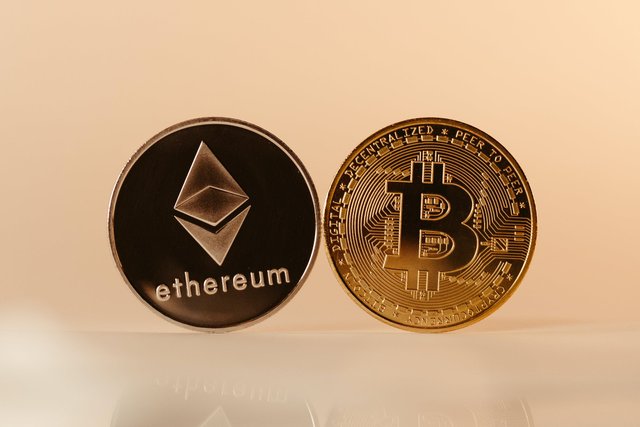Explanation about Blockchain in Supply Chain: Enhancing Transparency and Efficiency
Assalamu Alaikum
Blockchain in supply chain generally refers to the application of blockchain technology to track and manage the flow of goods and information along the supply chain. It increases transparency by providing an immutable record of transactions and is tamper-proof. This transparency leads to reduced costs, improved trust and increased efficiency among participants in the supply chain ecosystem. So blockchain documentation facilitates faster and more secure payment processes and enables real-time tracking of products by streamlining.

Detailed discussion -
| 1. Clarity: |
|---|
Blockchain can be accessed by all participants in the supply chain as it creates a decentralized and transparent ledger. It creates a chain of blocks hence the name blockchain, generally speaking simply it can be said that each transaction record or block is linked to the previous block and hence the name blockchain. Here once a transaction is recorded it cannot be changed or deleted and this ensures data integrity and transparency.
| 2. Traceability: |
|---|
Here each product can be assigned a unique digital identifier with blockchain. For example it could be a serial number or even a barcode. It allows stakeholders to track the movement of goods from the point of origin to the final destination in real-time. A particular benefit here is that stakeholders can quickly return affected items to their source if a product recall or quality control issue occurs, minimizing the impact on consumers and businesses.
| 3. Skills: |
|---|
Here blockchain streamlines supply chain operations by reducing the need for intermediaries and automating manual processes. As a result we see faster transaction times and cost savings at the same time. Further efficiency gains can be made with customs clearance and compliance checks, payments and self-executing contracts with contract terms written directly into code that automate technologies such as smart contracts.
| 4. Security: |
|---|
Here cryptographic techniques are used to secure blockchain transactions and prevent unauthorized access to data. Here each participant uses cryptographic keys and ensures that only authorized parties can modify and access data as each participant in the network has a unique cryptographic key. There is no single point of failure, making it more resilient to cyberattacks and data breaches, which is the main goal of blockchain's decentralized nature.
| 5. Faith: |
|---|
Here blockchain provides a secure and transparent record of transactions, helping to build trust between participants in the supply chain ecosystem. This increased trust can lead to better decision making, closer collaboration ultimately leading to better business results.
Ultimately, it can be said that blockchain has the potential to revolutionize the way supply chains are managed through traceability, security, efficiency, increased trust and transparency. Due to the numerous benefits of blockchain technology, various big companies have started using this technology extensively and the demand for it is also increasing day by day, so it can be assumed that we can see more improvements in the future.

So friends, that's it for today. Let me know in your comments what you think of today's topic. I am ending here wishing everyone good health. All be well and stay healthy.
https://twitter.com/youshamunna4/status/1781007947734356103?t=g-OFOfoVbiHVnZNAnr8zzA&s=19
Hi @yousha4,
I hope you will follow this instruction from your next post.
Thanks.
Yes brother sure......
Upvoted! Thank you for supporting witness @jswit.